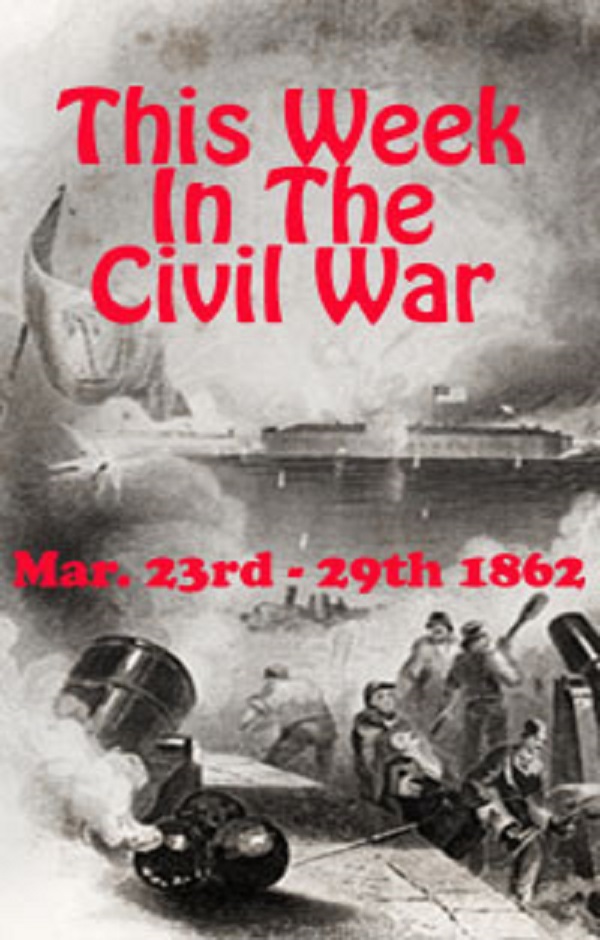






See Pets Cluster for pet care tips.





 The parks which encircle Washington DC encompass the breastworks built largely with slave labor during the war.
The parks which encircle Washington DC encompass the breastworks built largely with slave labor during the war.
 Florida was the forgotten state of the Confederacy, but its supply of beef, salt, and oranges to feed the army proved critical at the end of the war.
Florida was the forgotten state of the Confederacy, but its supply of beef, salt, and oranges to feed the army proved critical at the end of the war.
 Lincoln declared, "I hope to have God on my side, but I must have Kentucky!" Both Lincoln and Davis were born in Kentucky.
Lincoln declared, "I hope to have God on my side, but I must have Kentucky!" Both Lincoln and Davis were born in Kentucky.
 Although New Orleans fell early in the war, more than 500 battles and skirmishes occurred in Louisiana.
Although New Orleans fell early in the war, more than 500 battles and skirmishes occurred in Louisiana. New Jersey was a state split by the Civil War. Economically, it was tied to markets in the South; it was the last northern state to abolish slavery.
New Jersey was a state split by the Civil War. Economically, it was tied to markets in the South; it was the last northern state to abolish slavery.
 Many people do not know that the Civil War was fought as far west as New Mexico, but in fact there was a vigourous campaign conducted here.
Many people do not know that the Civil War was fought as far west as New Mexico, but in fact there was a vigourous campaign conducted here.
 Ohio played a key role in providing troops, military officers, and supplies to the Union army. It raised nearly 320,000 soldiers for the Union army,
Ohio played a key role in providing troops, military officers, and supplies to the Union army. It raised nearly 320,000 soldiers for the Union army,
 When war came to the east, the U.S. Government decided to pull their troops from the Oregon forts, leaving the citizens without military protection.
When war came to the east, the U.S. Government decided to pull their troops from the Oregon forts, leaving the citizens without military protection.
 Tennessee's geographic location, along with strategic river and rail routes, productive farmlands, and industrial sites, made the state a crucial prize fought for by both armies.
Tennessee's geographic location, along with strategic river and rail routes, productive farmlands, and industrial sites, made the state a crucial prize fought for by both armies.
 Vermonters suffered a total of 1,832 men killed or mortally wounded and another 3,362 died of disease, in prison or from other causes, for a total loss of 5,194 or 18% of it's force.
Vermonters suffered a total of 1,832 men killed or mortally wounded and another 3,362 died of disease, in prison or from other causes, for a total loss of 5,194 or 18% of it's force.
 The issue of peace or war is in the hands of the North. We only ask to be let alone, and to be allowed to consult our interest and our safety in peace.
The issue of peace or war is in the hands of the North. We only ask to be let alone, and to be allowed to consult our interest and our safety in peace.
 The Wide Awakes represented the South's greatest fear, an oppressive force bent on marching down to their lands, liberating the slaves and pushing aside their way of life.
The Wide Awakes represented the South's greatest fear, an oppressive force bent on marching down to their lands, liberating the slaves and pushing aside their way of life.
 Confederate units were paid by the Central government whereas most of the units were paid by their respective state.
Confederate units were paid by the Central government whereas most of the units were paid by their respective state.